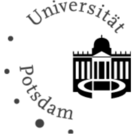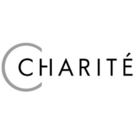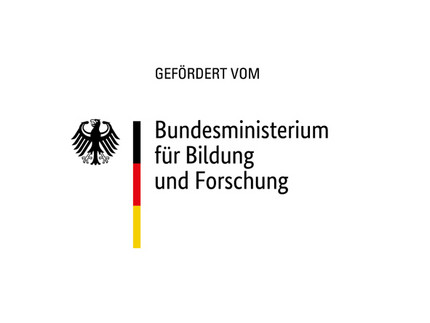Bodyrules – organizational rules in dealing with the body in the area of conflict of organization and immigration
The project "Bodyrules" is sponsored by the Bundesministerium für Bildung und Forschung (Federal Ministry of Education and Research of Germany) within the context of the research program "Migration and social change" topic II: "Diversity and institutional change by means of immigration."
Project term:
April 2018 – September 2020
Project partners:
Partial project hospital:Charité, Institute of Medical Sociology and Rehabilitation Science; PD Dr. Liane Schenk (project management), Pia-Theresa Sonntag (project assistant), Verena Krobisch (project assistant)
Partial project swimming pools:Center of Science Berlin for Social Reserach (WZB), department of migration, integration, transnationalization; Dr. Ines Michalowski (project management), Max Behrendt (project assistant)
Partial project schools: University of Potsdam, chair in organizational and administrative sociology; Prof. Dr. Maja Apelt (project management), Annika Koch (project assistant), Izem Günyakti (project assistant)
Content:
The research question of this collaborative project is how organizations in a society that is becoming more diverse by means of immigration react to changing social norms. In a comparative analysis organizations are included which are affected in particular by such a change and for which dealing with the human body is particularly relevant: hospitals, schools, and swimming pools. In these cases the dealing with the human body mirrors central social norms of the dealing among and between sexes. These norms may vary in cultures and religions and beyond that. Organizational rules, e. g. concerning swimwear, medical examination, or co-educational PE reflect social norms regarding the dealing with the body. The project examines how these social norms are mirrored in the formal and informal organizational rules, or how they are influenced by those, respectively. Thus the project deals with the questions in what way these organizational rules take a growing cultural and religious diversity in Germany into account, and which processes of inclusion and exclusion result from that. This includes the further questions which conflicts arise from all that and how these conflicts may be handled. The project is centrally based on qualitative case studies in selected organizations. The Institute of Medical Sociology and Rehabilitation Science is going to carry out case studies in three clinics: urology, childbirth, and dermatology. For practical use the organizational rules just referred to are supposed to be identified, though especially ways of the development of those organizational rules should be identified which have an effect that is most inclusive and simultaneously minimally useful for conflicts.







